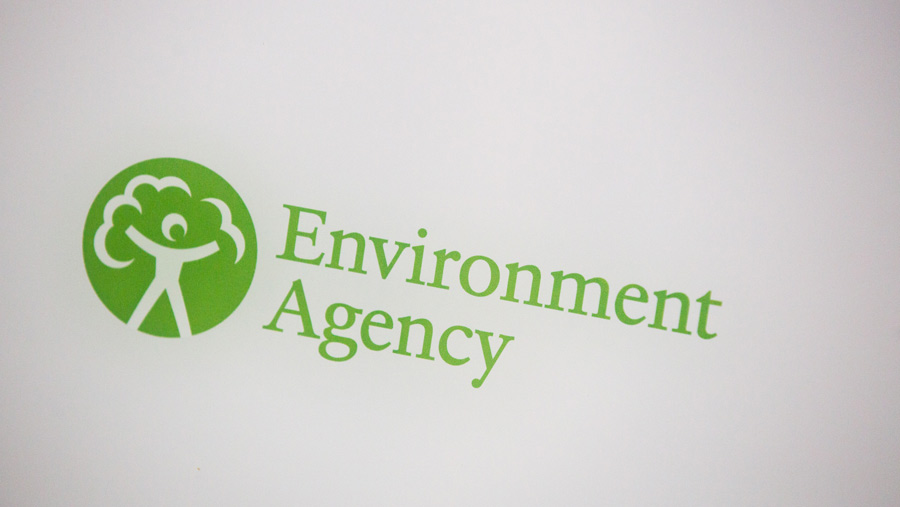Environment Agency cuts back on minor pollution inspections
 © Tim Scrivener
© Tim Scrivener The Environment Agency (EA) has responded to claims that it told staff to ignore reports of low-impact pollution events due to a lack of resource.
A leaked document seen by the Guardian and Ends Report, claimed senior EA officials had told their staff in November to “shut down” and ignore reports of category 3 (minor or minimal impact) and 4 (little or no impact) pollution incidents.
Category 3 or 4 incidents can include agricultural pollution incidents such as minor slurry spills, or sewage pollution or hazardous dumps of waste by businesses where the damage is considered “minimal”.
See also: 6 ways to prepare for tighter slurry regulations
The leaked memo instructs staff that if the category 3 or 4 pollution incident does not relate to a regulated site or a water company, then they should “not substantiate report, call site or add any details. Shut down report”.
But the document also hints at frustration at ministers from the agency over government spending cuts. The EA’s leadership team had “made it clear to government that you get the environment you pay for”.
Data from the National Incident Recording System shows that the EA attended just 8,000 out of 116,000 potential pollution incidents in 2021, down from 12,000 in 2016 when 74,000 potential incidents were reported.
In a Twitter post, Dave Throup, the EA’s area manager for Herefordshire and Worcestershire, said most responses to pollution incidents could only be funded through a pot of money called Grant in Aid.
But Mr Throup said the UK government had reduced this pot by two-thirds in the last 10 years, adding: “What else can the EA do but prioritise?”
Blog response
Defra has since published a blog on Gov.UK responding to the criticism. It said the EA receives over 100,000 pollution incident reports a year, every one of which is recorded and assessed.
But like every other public sector organisation with finite resources, it must focus its efforts on where they will have the most impact – those which pose the greatest risk to the environment.
An EA spokesperson said: “We focus our incident response effort on those pollution incidents which pose the greatest risk to the environment.
“Our Incident Triage Project is looking at how we can best use our resources and maximise benefits for the environment.
“While we continue to attend the most serious incidents, we concentrate our efforts on our regulatory activities which prevent incidents from happening in the first place. Intelligence from incident reporting helps us to plan and prioritise our work to protect the environment.”
Following many years of grant-in-aid cuts for the agency, the government gave Defra and its agencies an additional £4.3bn in the latest spending review in October 2021. An overview of the EA’s settlement is due this year.
Last summer, the EA advertised for 50 new agriculture regulatory inspection officers to carry out targeted farm visits.
